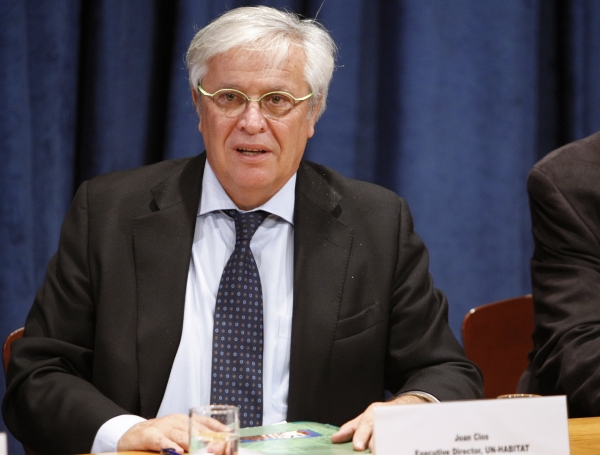Delegates from around the world will converge at the United Nations Headquarters in Nairobi for the 26th Session of United Nations Human Settlements Programme’s (UN-Habitat) Governing Council from Monday 8 to Friday May 12, 2017. President of Kenya, Uhuru Kenyatta, will formally open the biennial gathering that is aimed at examining the UN body’s work plan.

The Governing Council meeting is a high-level forum of governments at the ministerial level during which policy guidelines and the organisation’s budget are established for the next two-year period.
Following the United Nations Conference on Housing and Sustainable Urban Development in Quito in October last year, the theme of this Governing Council reflects opportunities for the effective implementation of the New Urban Agenda.
The New Urban Agenda, which was signed by member states at Habitat III, is an action-oriented document which sets global standards of achievement in sustainable urban development, rethinking the way mankind builds, manages, and lives in cities. Through drawing together cooperation with committed partners, relevant stakeholders, and urban actors, including at all levels of government as well as the private sector, UN-Habitat is applying its technical expertise, normative work and capacity development to implement the New Urban Agenda and Sustainable Development Goal 11 – to make cities inclusive, safe, resilient and sustainable.
The Governing Council will be attended by government ministers, senior officials and other representatives of governments making up the Council as well as UN-Habitat partners who will deliberate on these issues as well as climate change and its impact on cities.
An intergovernmental decision-making body for the UN-Habitat, the Governing Council meets biennially and reports to the General Assembly of the United Nations through the Economic and Social Council, particularly on programmatic issues.
According to the UN-Habitat, “Rapidly growing cities need to be strategically guided for longer-term sustainability. Thirty percent of people globally live in slums and informal settlements due to inappropriate or inadequate land policy, administration and management. This percentage is even higher in post-conflict countries.
“Land policies need to be developed to facilitate land governance that enhances gender equality, a flexible land recording system, recognition of the range of land rights, decentralised land management and grassroots participation, urban equity, efficiency and sustainability.”
